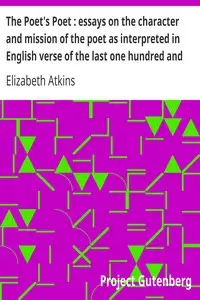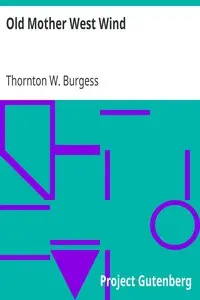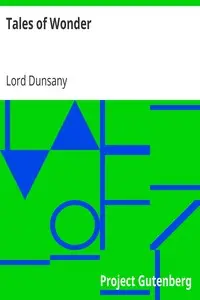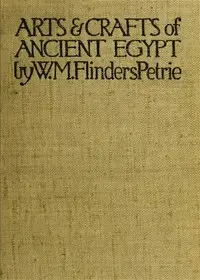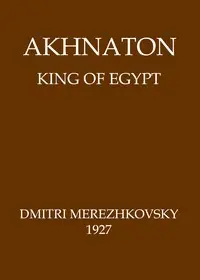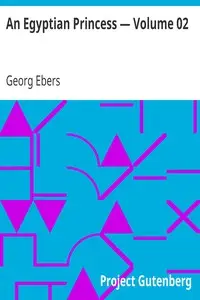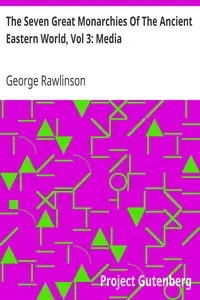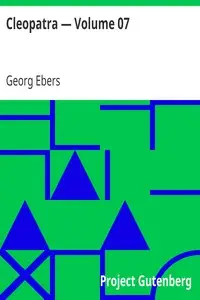"The Extant Odes of Pindar" by Pindar, translated into English by Ernest Myers, is a collection of ancient Greek odes, likely composed in the 5th century BC. The work aims to capture Pindar's celebrated lyrics that honor athletic victories, particularly those at the Olympic Games, as well as delve into broader themes of human existence, morality, and the divine. Pindar’s odes are known for their complexity, allusiveness, and high regard for noble virtues, making them both a challenge and a delight for readers. The opening of this translation features an introduction that discusses the historical and literary context of Pindar's work. It addresses the challenges that come with understanding his poetry, such as the difficulty of the language, the obscurity of his references, and the perceived monotony due to similar themes across his odes. Pindar, described as a poet of significant moral and historical interest, is depicted as a voice of Greek pride and a chronicler of noble deeds. Readers are guided toward appreciating the depth of his odes, which celebrate the victors of ancient athletic competitions while invoking a rich tapestry of Hellenic culture, mythology, and ideals of beauty and virtue. The translation also highlights Pindar's biographical background and his influential role during a crucial period of Greek history, setting the stage for the subsequent odes that follow in the collection. (This is an automatically generated summary.)

The Extant Odes of Pindar Translated with Introduction and Short Notes by Ernest Myers
By Pindar
"The Extant Odes of Pindar" by Pindar, translated into English by Ernest Myers, is a collection of ancient Greek odes, likely composed in the 5th cent...
Pindar was an Ancient Greek lyric poet from Thebes. Of the canonical nine lyric poets of ancient Greece, his work is the best preserved. Quintilian wrote, "Of the nine lyric poets, Pindar is by far the greatest, in virtue of his inspired magnificence, the beauty of his thoughts and figures, the rich exuberance of his language and matter, and his rolling flood of eloquence, characteristics which, as Horace rightly held, make him inimitable." His poems can also, however, seem difficult and even peculiar. The Athenian comic playwright Eupolis once remarked that they "are already reduced to silence by the disinclination of the multitude for elegant learning". Some scholars in the modern age also found his poetry perplexing, at least until the 1896 discovery of some poems by his rival Bacchylides; comparisons of their work showed that many of Pindar's idiosyncrasies are typical of archaic genres rather than of only the poet himself. His poetry, while admired by critics, still challenges the casual reader and his work is largely unread among the general public.



